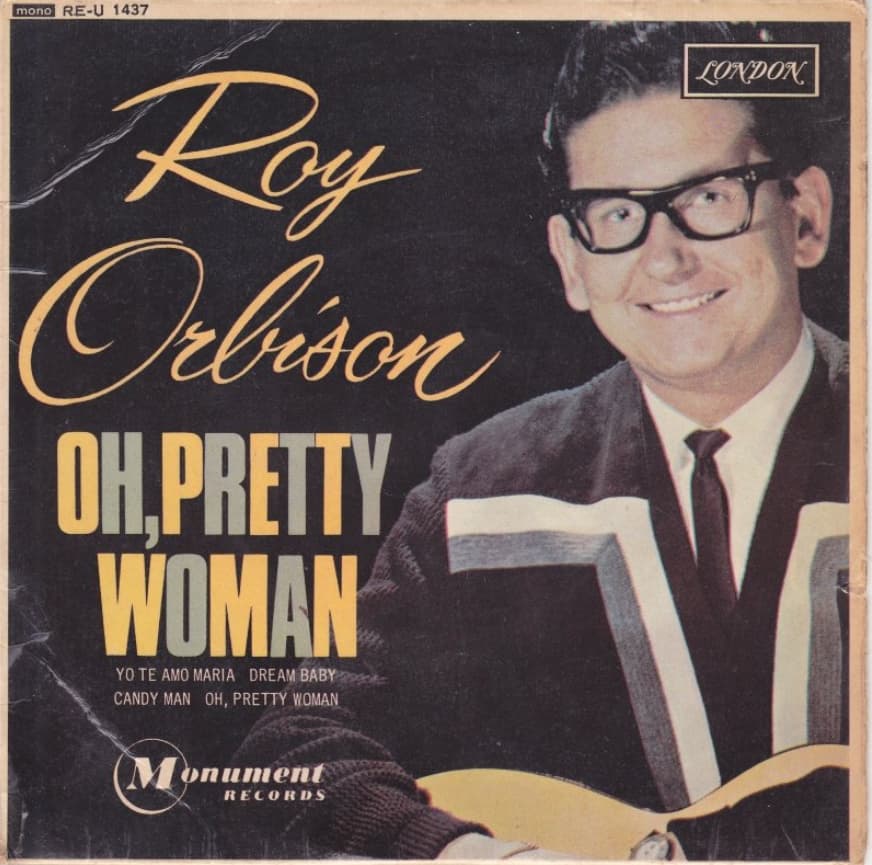
Oh, Pretty Woman: A Song That Transcends Generations
In the realm of popular music, there are songs that capture the zeitgeist of a particular era, defining a generation’s tastes and sensibilities. And then there are songs that transcend time, their melodies and lyrics weaving themselves into the very fabric of our collective consciousness, speaking to the human experience in a way that resonates across generations. Roy Orbison’s “Oh, Pretty Woman” is one such song.
Released in 1964, “Oh, Pretty Woman” was an instant sensation, topping charts worldwide and cementing Orbison’s status as a rock and roll icon. The song’s enduring popularity is a testament to its timeless appeal, a blend of infectious pop sensibilities and heartfelt emotion that has captivated listeners for over five decades.
At its core, “Oh, Pretty Woman” is a love song, a paean to the singer’s infatuation with a captivating woman. Orbison’s voice, soaring with a dramatic intensity that became his signature, conveys the depth of his admiration, painting a vivid picture of the woman who has stolen his heart.
The song’s lyrics, penned by Orbison and Bill Dees, are simple yet evocative, capturing the universal language of love and longing. The singer’s repeated plea, “Oh, pretty woman,” echoes with a yearning that transcends cultural and generational boundaries.
Beyond its romantic undertones, “Oh, Pretty Woman” also serves as a celebration of feminine beauty, a tribute to the power of women to captivate and inspire. Orbison’s lyrics paint a picture of a woman who is not just physically attractive but also possesses an inner grace and charm that leaves the singer spellbound.
The song’s arrangement is equally captivating, a blend of pop, rock, and country elements that perfectly complements Orbison’s impassioned vocals. The opening guitar riff is instantly recognizable, setting the stage for a musical journey that is both exhilarating and emotionally resonant.
“Oh, Pretty Woman” has had a profound impact on popular culture, inspiring countless covers and reimaginings by artists across genres. The song has also been featured in numerous films and television shows, further cementing its place in the collective consciousness.
In conclusion, “Oh, Pretty Woman” is more than just a song; it is a cultural phenomenon that has touched the lives of millions around the world. Its enduring popularity is a testament to its timeless appeal, a testament to the power of music to transcend generations and connect with listeners on a deeply personal level. Orbison’s masterpiece is a reminder that love, beauty, and the human experience are universal themes that will continue to resonate for decades to come.